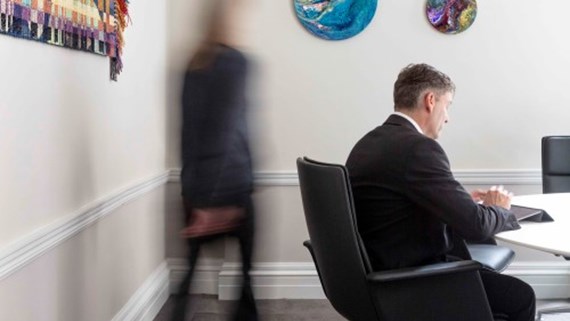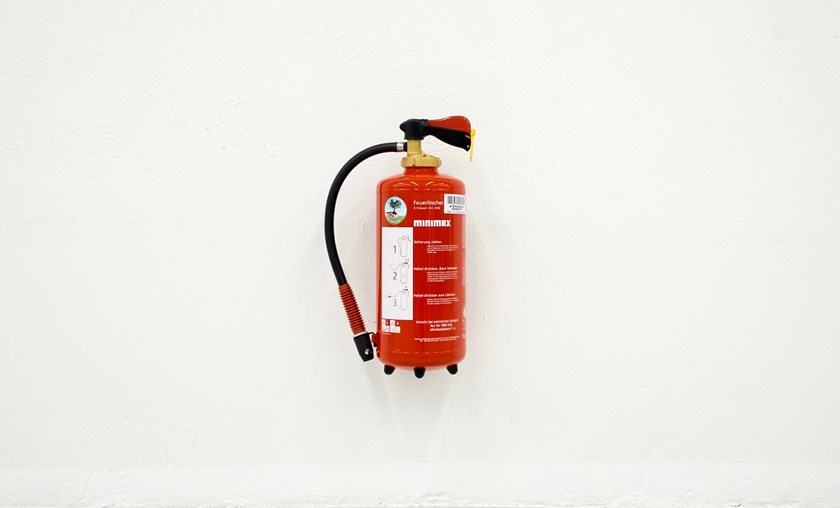Parent company liability: A parent laying down the rules
Insight

Lawyers are sometimes asked whether a parent company, by virtue of simply being the parent, can be liable for harm caused by a subsidiary. The more pertinent question is when will the parent company’s own activities mean that it can be liable in its own right for subsidiary caused harm.
In Vedanta Resources PLC and another v Lungowe and others, the Supreme Court considered whether Zambian claimants could bring their claim (relating to toxic discharges from a copper mine) in England against the Zambian operator company and its English parent (Vedanta). Vedanta tried to stop the English claim getting off the ground by arguing that there was no real issue to be tried as against Vedanta, ie it owed no legal duty of care to the claimants.
The court held that the key question was whether Vedanta had sufficiently intervened in the management of the mine (owned by its subsidiary) so that it owed a direct duty to the claimants. Further, it indicated that each case would be fact specific and therefore whilst certain criteria may be helpful in making an assessment, it was not appropriate to give an exhaustive list of criteria to determine when a parent company would be liable.
That said, the court held that documents showing that Vedanta had assumed responsibility for maintaining proper standards of environmental control over its subsidiaries’ activities (including the mine) and took steps to implement those standards were sufficient to show a triable case. The court observed that there may well be liability where group guidance contained systemic errors or where a parent company in published materials says it supervises the activities of its subsidiaries and then doesn’t do so.
It would be imprudent to conclude automatically that parent companies should take a hands-off approach to the activities of their subsidiaries. The way to reduce and avoid harm is to manage risks and activities properly. It is also worth noting that, whilst fact specific, in Chandler v Cape PLC, a parent which had superior technical knowledge and knowledge of the subsidiary’s working practices was held liable where it failed to act to protect the health of the subsidiary’s employees.
Groups need to consider which matters should be dealt with centrally and which should be dealt with at a subsidiary level in the context of their particular business and the risks they are managing.
If you require further information about anything covered in this briefing, please contact Claire Sheppard or Jay Sattin, or your usual contact at the firm on +44 (0)20 3375 7000.
This publication is a general summary of the law. It should not replace legal advice tailored to your specific circumstances.
© Farrer & Co LLP, July 2019





